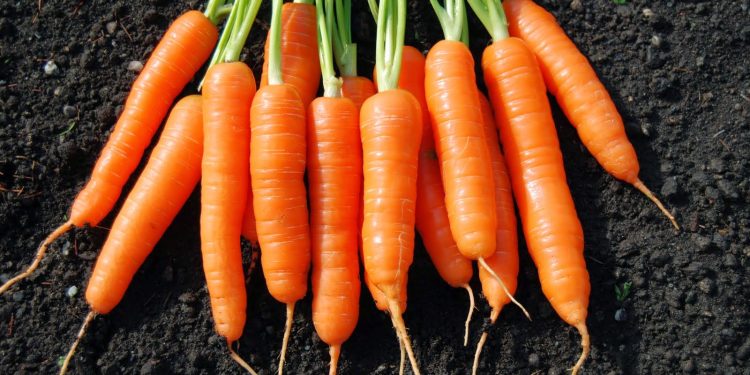#AgriculturalTrade #ImportSurge #PrimoryeImports #LocalAgriculture #ConsumerPreferences #TradeTies #EconomicCollaboration
According to a report by RIA VladNews, the Primorye region has witnessed a remarkable influx of 3,739.1 tons of fresh produce from China in the past week. This surge is indicative of a substantial increase in demand for Chinese vegetables, fruits, and berries in the region. The breakdown of imports includes 242.8 tons of tomatoes, 154.3 tons of peppers, 46.5 tons of eggplants, zucchinis, pumpkins, radishes, and ginger, along with 7.5 tons of cucumbers.
Notably, there has been a considerable surge in imports of essential vegetables like 1,103.6 tons of carrots (compared to 520.7 tons the previous week), emphasizing the growing demand for this staple. Other imports include 780.4 tons of onions and garlic, 1.2 tons of sweet potatoes, 401.7 tons of cabbage, 38 tons of mushrooms, and 75.9 tons of various salads and greens. Additionally, the region has received 887.2 tons of pears, apples, nectarines, peaches, plums, grapes, and other fruits and berries.
The rapid surge in Chinese vegetable and fruit imports into Primorye can have significant consequences for both the local economy and the regional food supply. While increased imports can offer consumers a wider variety of fresh produce, it also raises questions about the region’s agricultural self-sufficiency. The growing reliance on imports might pose challenges to local farmers, who may face increased competition from foreign products.
Furthermore, the surge in imports could highlight shifting consumer preferences, dietary habits, or economic factors that drive the demand for specific products. This trend might encourage local producers to adjust their cultivation practices and offerings to align with changing consumer needs.
In the long term, the development could lead to deeper trade ties between China and the Primorye region, fostering economic collaboration and potentially diversifying the region’s agricultural sector. It could also necessitate a closer examination of food safety regulations, quality control, and transportation logistics to ensure that the imported produce meets health and safety standards.
The significant surge in Chinese carrot imports within a week underscores the dynamic nature of agricultural trade between China and Primorye. This development’s consequences reach beyond trade figures, potentially influencing local agriculture, consumer preferences, and economic relationships between the two regions.































